Our Big List of 21st Century Skills
The Global Digital Citizen Foundation has given hundreds of presentations to educators and administrators in several countries over the years. Each time we’ve spoken, we have asked them what they feel are the most important 21st century skills students need above all others.
The answers that we’ve recieved most often are narrowed down below. This list comes from our book Literacy is Not Enough (Crockett, Lee et. al.; 2011). You’ll be able to see that these points correlate rather well with both the New Zealand’s capabilities list and the IB Learner Profile. They certainly cover the Common Core’s bases, too. It’s good to know we’re all on the same page, isn’t it? That’s great news for our students!
So, according to the folks we’ve asked, the consensus is that students need to acquire transparency-level skills in the following areas:
Problem solving
Creativity
Analytic thinking
Collaboration
Communication
Ethics, action, and accountabillty
Learn more / En savoir plus / Mehr erfahren:
https://gustmees.wordpress.com/2015/05/26/what-are-the-skills-needed-from-students-in-the-future/
https://gustmees.wordpress.com/2016/02/18/the-new-possibilities-to-learn-and-teach-with-ict/



 Your new post is loading...
Your new post is loading...




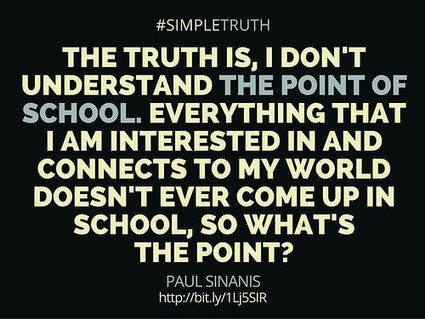
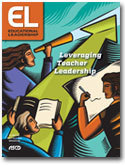


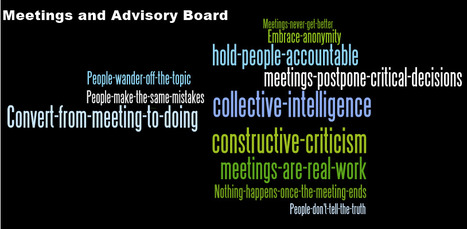


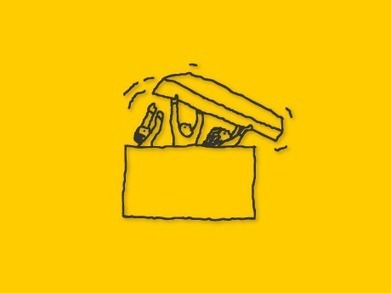
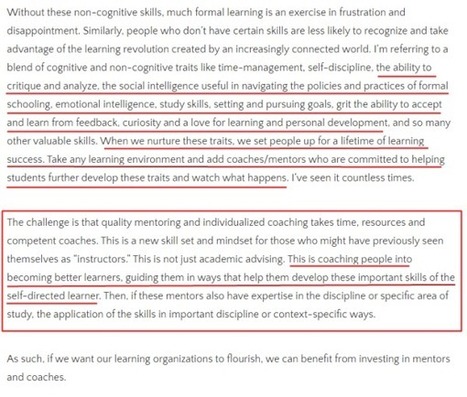

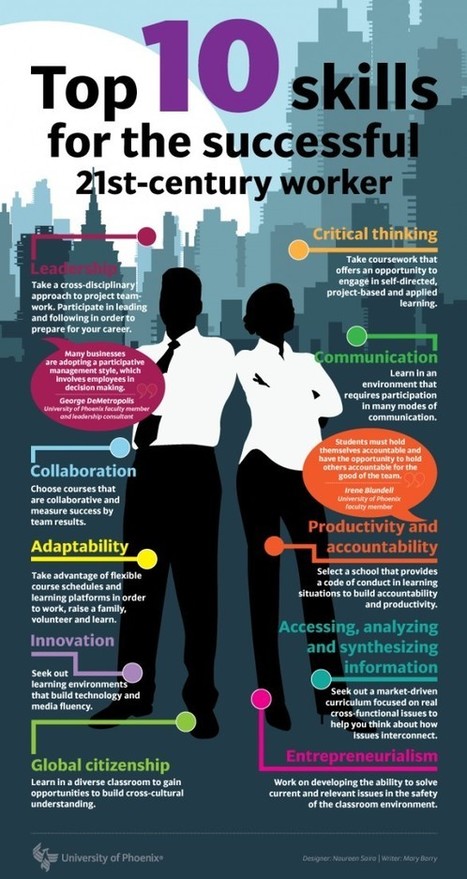


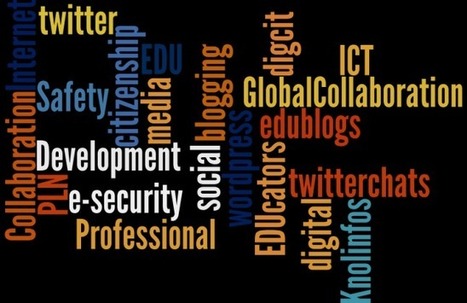





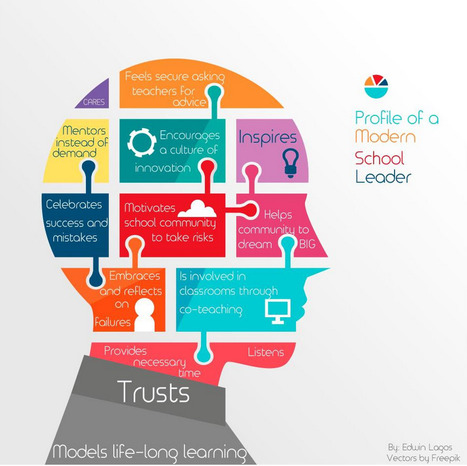

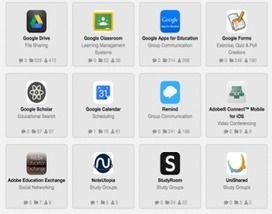
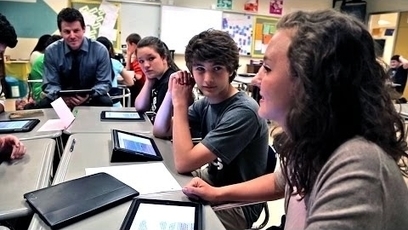
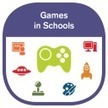


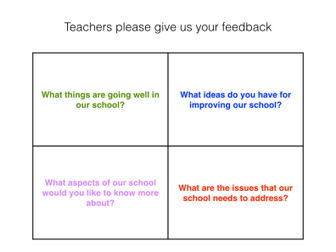













Problem solving
Creativity
Analytic thinking
Collaboration
Communication
Ethics, action, and accountabillty
Learn more / En savoir plus / Mehr erfahren:
https://gustmees.wordpress.com/2015/05/26/what-are-the-skills-needed-from-students-in-the-future/
https://gustmees.wordpress.com/2016/02/18/the-new-possibilities-to-learn-and-teach-with-ict/
https://gustmees.wordpress.com/2015/07/19/learning-path-for-professional-21st-century-learning-by-ict-practice/